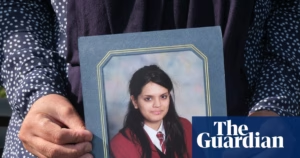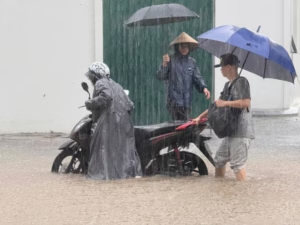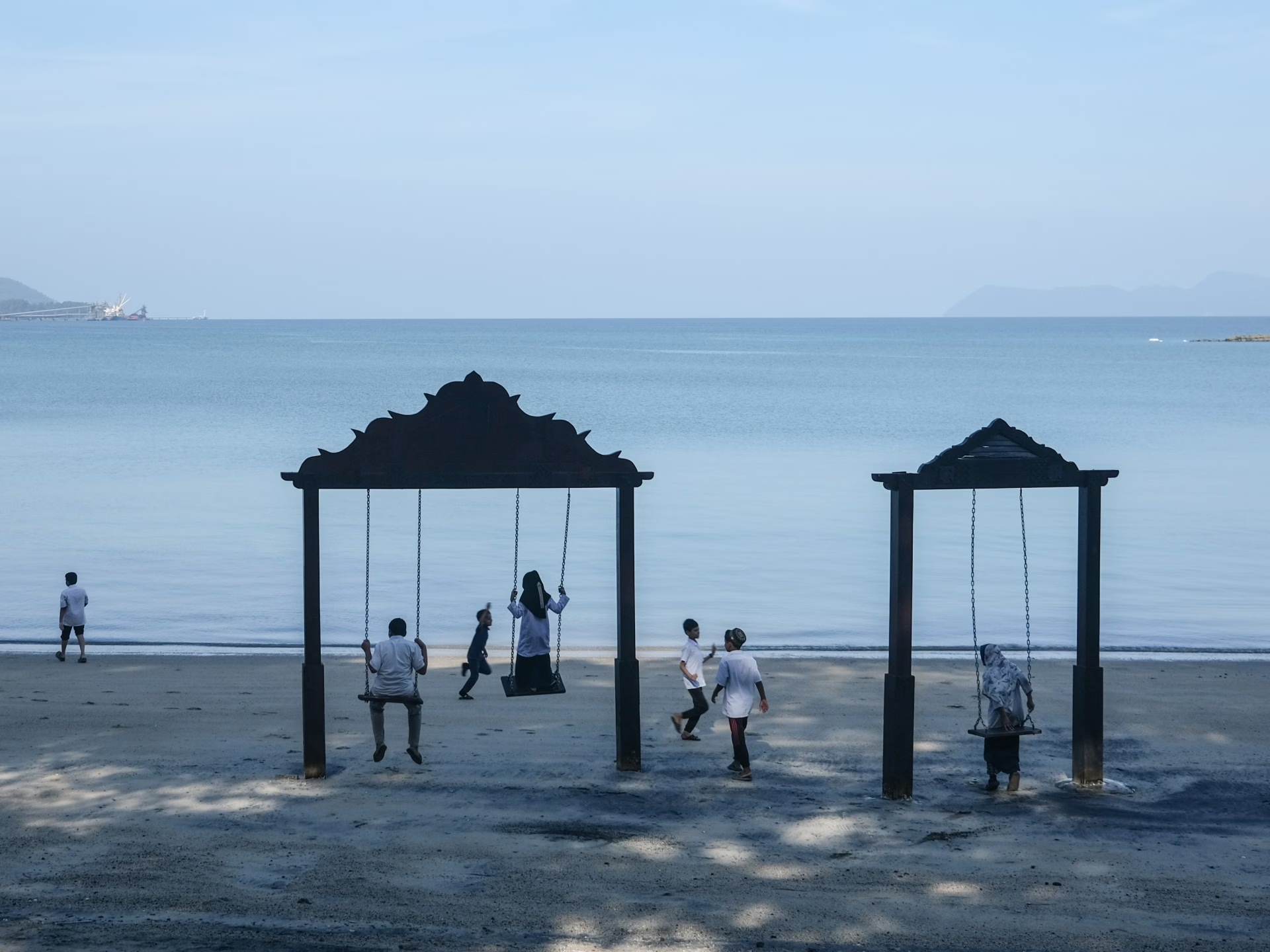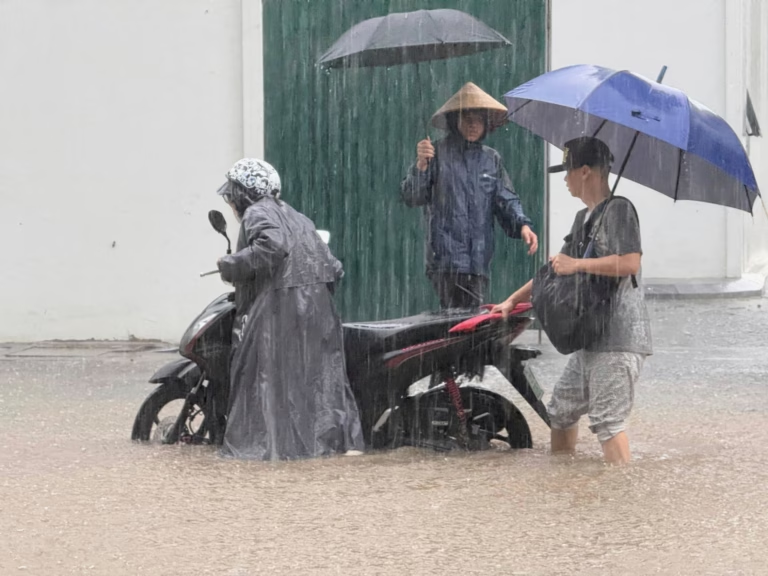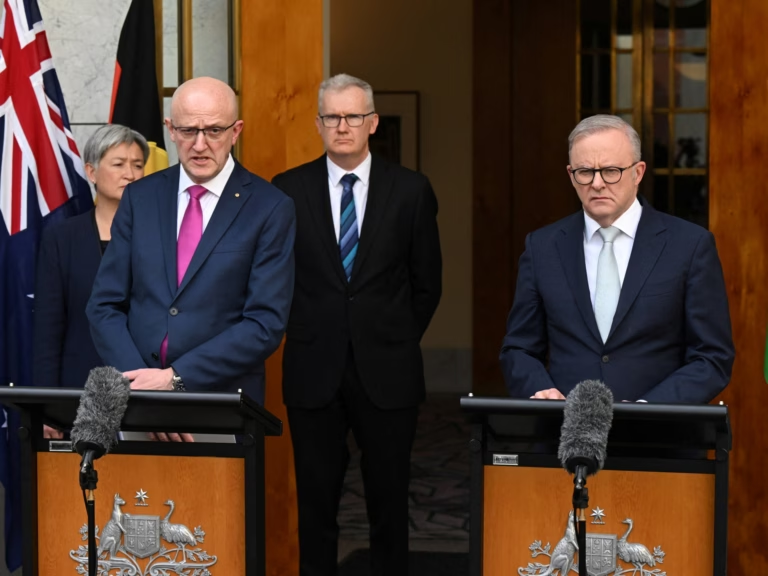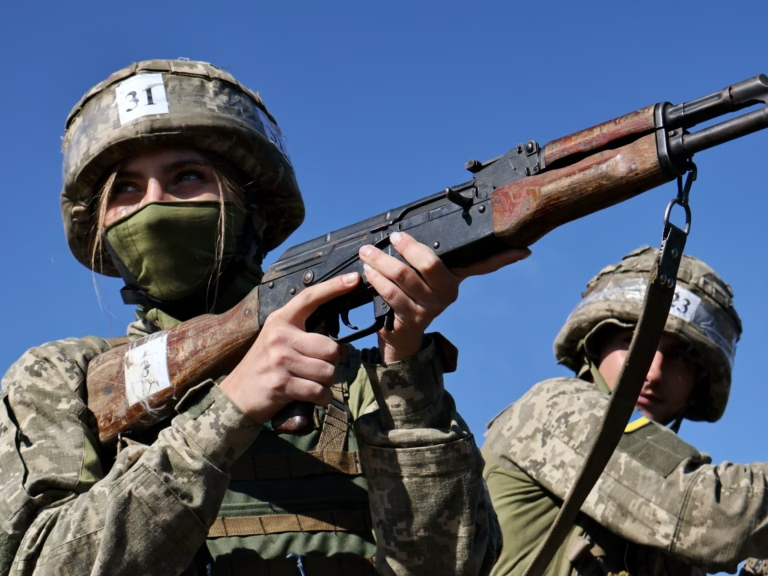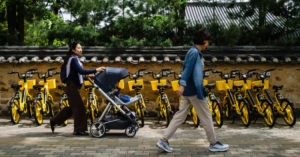The sea represented danger to them, as it was the place where family members had perished during their escape from Myanmar. Arafat, who came to Langkawi in 2013, was once a teacher in Myanmar. By 2012, his village and others had been burned to the ground by the Burmese military surveying the area and branding it “cleansing.” The horrors included infants being killed and women being sexually assaulted, witnessed firsthand by Arafat. In helping victims report these events to NGOs to receive medical care, he became a target of military ire, resulting in his house being raided and possessions confiscated.
He fled Myanmar by boat and found work in Malaysia’s hotel sector but felt driven to teach after discovering the Rohingya children had limited access to education. He convinced reluctant parents of the importance of education, and soon, children began attending his burgeoning school. Today, Arafat has 34 students aged between five and twelve. The school is funded by small parental contributions and support from local NGOs. It offers a curriculum of English, mathematics, social studies, science, and life skills like hygiene and behavior.
Arafat expresses gratitude to the Malaysian people for providing shelter, appreciating the country’s multicultural tolerance. Malaysia, however, is not a signatory to the 1951 Refugee Convention or its 1967 Protocol, denying refugees legal status for work or study. Despite some parents’ inability to pay school fees routinely, Arafat continues to teach the children without demanding payment, understanding that the ability to read and write could herald better futures.

